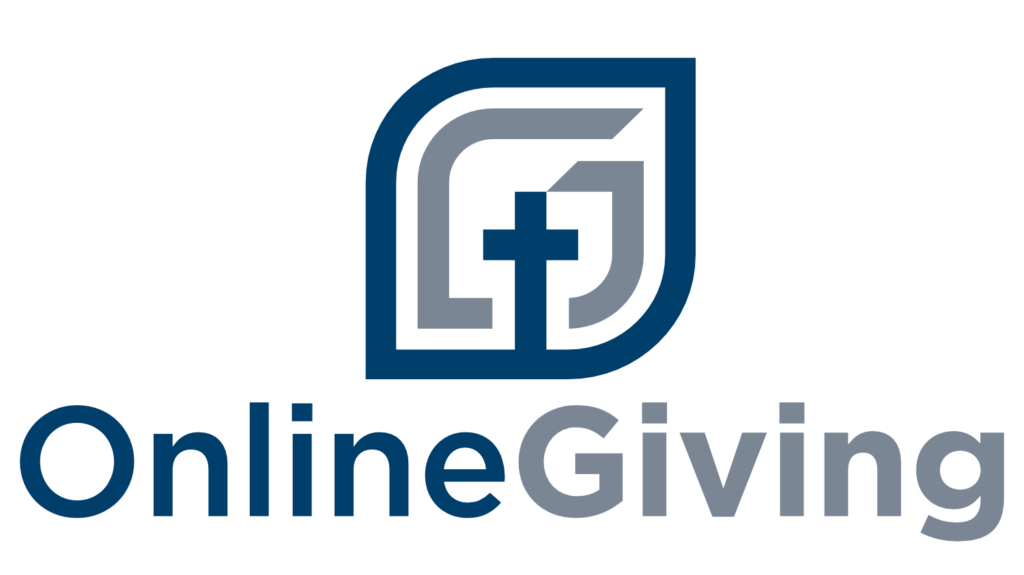
I believe that sometimes, it is in the best interest of a church to acquire a short-term debt to facilitate growth. That comment could get you disbarred from some churches in America, including the church I currently attend! I might be exaggerating a bit, but if I suggested we borrow money so we could finish our current project faster, I would be met with scorn and rebuke. Someone would quote me the passage in Romans about owing no man anything, and from there, the argument would ensue. As I wind down my series on capital campaigns in this Coach, I want to share with you what I call The Stewardship of Debt. In the times that we live in, it is almost impossible for churches to build without incurring some type of debt along the way.
My personal belief is that there are times when borrowing money is the best and wisest course of action for a particular church. It must be a manageable debt, meaning monthly payments do not hinder missions and ministry. I also advise paying off debt as fast as possible. However, I often am faced with objections with arguments like this…
“Debt is unbiblical and unwise!” A few years back, I wrote about these two objections. Here is what I wrote,
Is debt unbiblical? In some circles, this is a raging debate. I have seen churches split over this issue. Let me be clear: I will never advise anyone to do anything that I feel violates the Scripture. My view is that the Bible warns against the danger of debt much as it does the danger of money. Those warnings need to be understood as exactly that.
Years ago, when Dr. Don Sweeting, the President of Colorado Christian University, was a pastor, I helped his church raise capital funds. Dr. Sweeting wrote this about debt. He said,
“Some Christians think that believers should never borrow money to go into debt. They hold this conviction with regard to their car, their house, their business, and their church. Other Christians operate no differently than the world, and they irresponsibly borrow up to their eyeballs. They borrow for things they should have paid cash for, like clothes, vacations, stereos, etc. They are haunted by it for a long time.
We believe there is wise middle ground that is biblically responsible, where debt is sometimes taken on and used as a tool with the intent to pay it back as soon as possible. That is the action we took this past summer.
It is interesting that the Bible verses most often used regarding debt are Romans 13.7, 8. The NIV renders it, “give to everyone what you owe him” and “let no debt remain outstanding.” The only debt that is to remain outstanding is the continuing debt to love one another. Paul is not making a statement that it is wrong to borrow, but saying that when you borrow, pay it back!”
So, in answer to the question is debt unbiblical, I believe the answer is, it depends! It depends upon whether the debt is manageable. Does the debt so debilitate the church that missions and other vital ministries are cut or curtailed? If not, then I believe debt can, at times, be good stewardship of God’s money.
Is debt practical? Consider the following…
First Church bit the bullet and borrowed five million dollars to build their new family life center three years ago. Across town, Faith Church, faced with essentially the same project, decided to pay cash for their family life center. Both churches embarked upon a capital stewardship campaign, raising three million dollars.
First Church entered into its new building around two years after their campaign. It held a second capital stewardship campaign to pay off the short-term debt it incurred. Faith Church, meanwhile, is finishing its second capital campaign and hopes to be in its building in another two years. It hopes to be completely debt-free at the grand opening, hopefully, seven and a half years after First Church opened its facility.
I believe that First Church was a better steward by borrowing than Faith Church. Let me explain. First, you need to consider the rising cost of construction and materials. You can count on at least a 10% increase a year. I recently had a client whose estimated cost for their new sanctuary increased from $10 million to $15 million! You will cost your church more money every year if you delay the start of your project. See my Bonus Section for more on this.
Secondly, you must consider what the new building will mean regarding growth. A word of caution here: if you build it, they might come, but it doesn’t mean they will stay. However, if you never build or delay building for years, they won’t come, and you won’t get a chance to keep them coming back. Your attendance suffers, as does your giving.
So, the bottom line is that, at times, debt is not only practical but also makes the best sense of stewardship. The key is to find the wise middle ground for your church or ministry. Then, you need a plan on how to pay off that debt without it burdening your budget. A good action plan can help you achieve the dreams and visions God has given you. That is what a capital campaign can do for you: provide you with an alternate stream of revenue to help you build, renovate, and repurpose whatever you need for missions and ministry.
Now is the time to build, renovate, repair, etc., what you need for the next generation of ministry and to pay off any debt quickly. It’s time to get your house in order, and one key area is the stewardship of debt.

Mark Brooks – The Stewardship Coach
mark@acts17generosity.com

OnlineGiving.org, the leading online giving processor in America, sponsors my writing. Find out more about their services at https://www.onlinegiving.org/.


